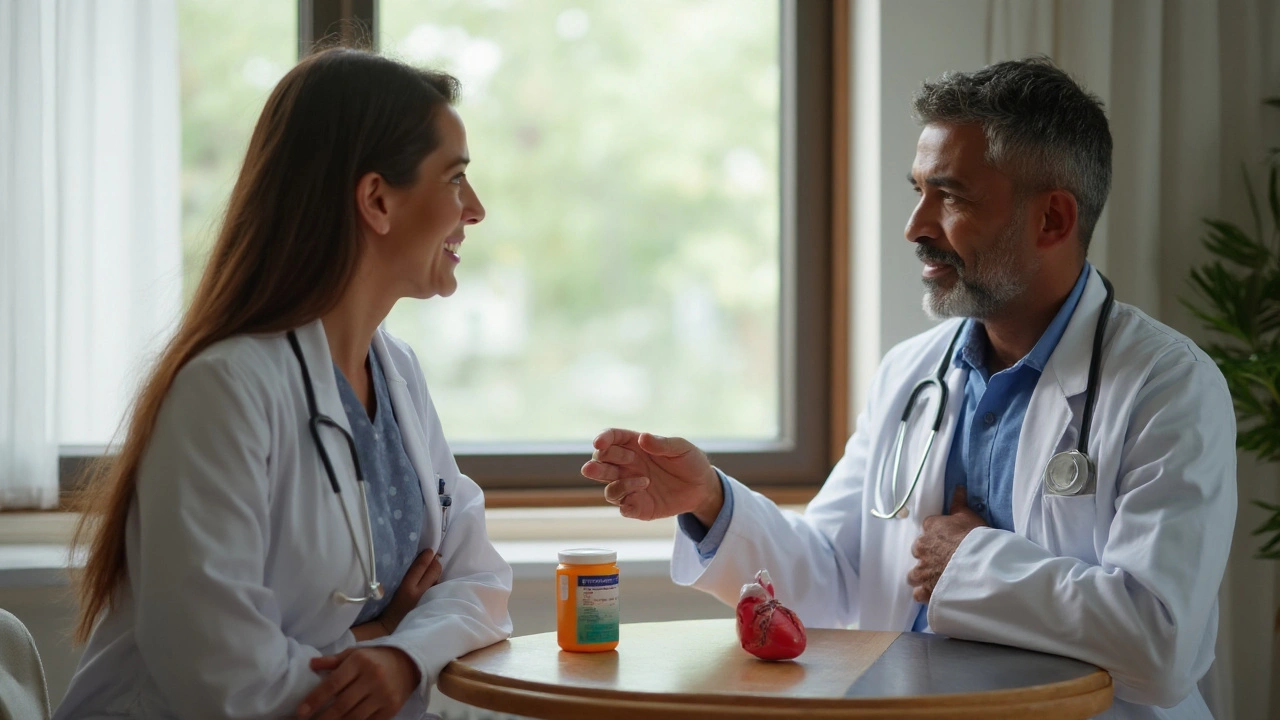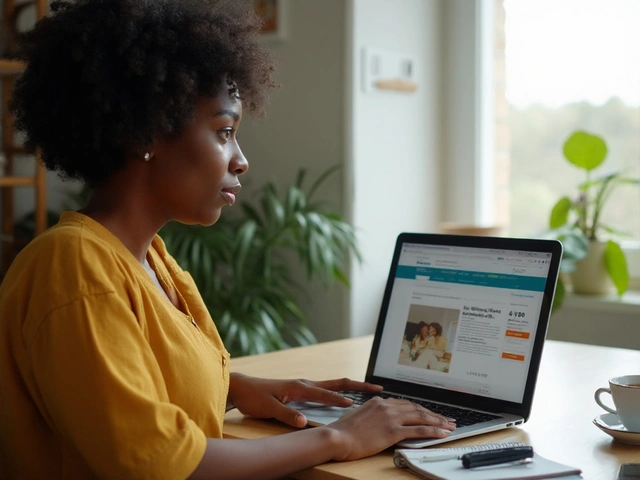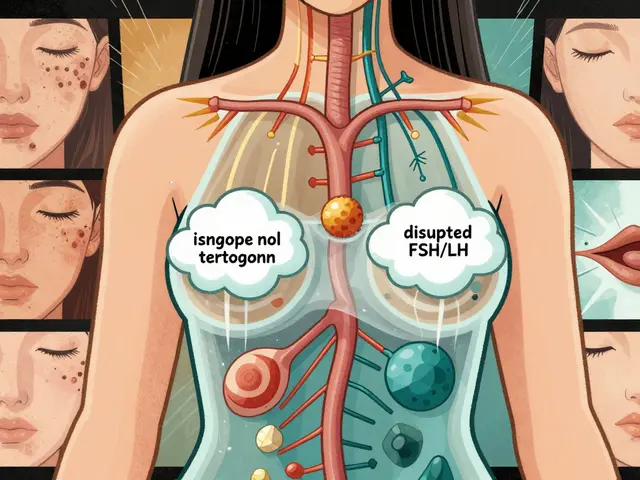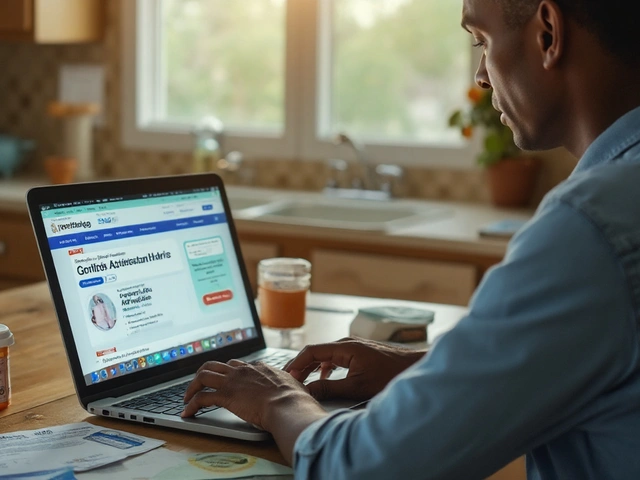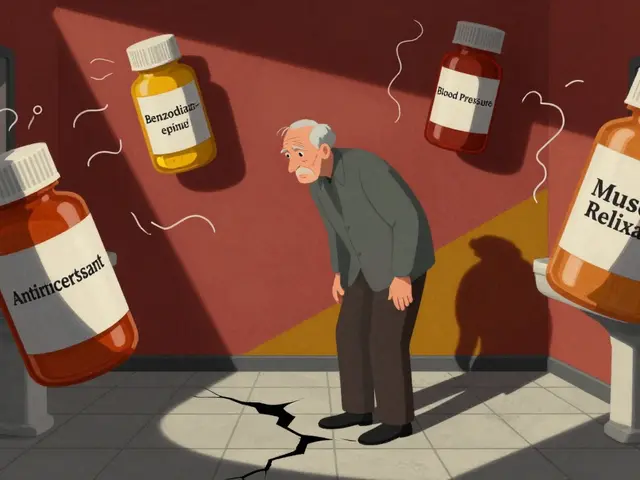Drug Interactions Guide – What You Need to Know
If you’ve ever wondered why your doctor asks about every pill you take, it’s because drug interactions can change how medicines work—or even cause danger. A simple mix of two over‑the‑counter tablets might boost side effects or cut the effectiveness of a prescription. Knowing the basics helps you stay safe without scrolling through endless medical journals.
Why Interactions Matter
When two drugs meet in your body, they can affect absorption, metabolism, or how they bind to targets. This can lead to three main outcomes: stronger effects, weaker effects, or new side‑effects. For example, taking an antihistamine with a sedative may make you drowsy beyond what either drug does alone. On the flip side, some antibiotics reduce the impact of birth control pills, raising the risk of unintended pregnancy.
Quick Ways to Spot Problematic Mixes
Ask before you combine. Always tell your pharmacist or doctor about every supplement, herb, and over‑the‑counter drug you use. Check labels. Many OTC products list common interaction warnings right on the box. Use reliable tools. Websites like Drugs.com or the FDA’s interaction checker let you type in two drugs and see a risk rating instantly.
Keep a personal list of your meds—name, dose, and why you take it. Update it whenever a new prescription arrives. Having this handy sheet makes conversations with health professionals smoother and helps you catch potential clashes early.
Our tag page collects articles that dive into specific interactions. For instance, the Zofran (ondansetron) guide flags its mix with certain antidepressants, while the Duratia (dapoxetine) article warns about combining it with other serotonin‑affecting drugs. Browse the list below to see detailed interaction tables for popular meds like Cymbalta, Lipitor, and Celebrex.
Remember, not every interaction is a disaster—some are mild or even beneficial. The key is awareness. If you ever feel unusual symptoms after starting a new medication, stop taking it (if safe) and contact your doctor right away. Better to be cautious than risk a hidden danger.
Stay informed, keep an updated med list, and use trusted resources. Your health stays in good hands when you understand how drugs can work together—or clash.
